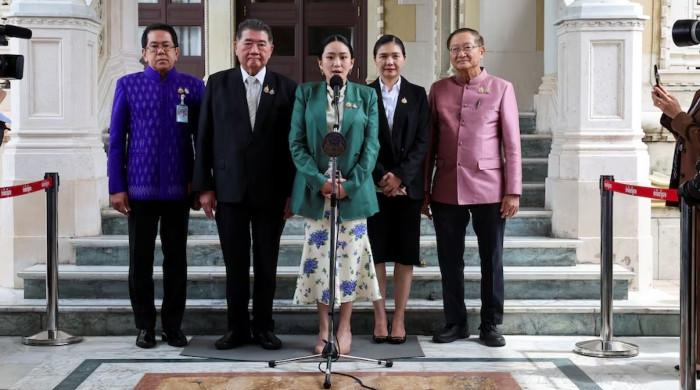Why Are Younger People Suffering More Heart Attacks Post-COVID?

Last Updated:June 30, 2025, 20:53 IST
Heart attacks are rising among young adults post-COVID, driven by hidden risks and lasting effects of the virus.
Shefali Jariwala passed away at 42, likely from cardiac arrest.
In recent years, heart attacks among young adults have been on the rise—a shift that has become more pronounced since the COVID-19 pandemic. Once considered a disease of older age, cardiovascular events are now increasingly seen in younger individuals due to a mix of direct viral effects, lifestyle disruptions, and hidden health risks.
While initially recognized as a respiratory illness, COVID-19 has since been shown to exert significant and lasting effects on the cardiovascular system. The virus promotes inflammation in blood vessels, increases blood coagulability, and can trigger spikes in blood pressure—mechanisms that elevate the risk of heart attacks, particularly in patients with existing but often undiagnosed conditions such as high LDL cholesterol, obesity, hypertension, and diabetes.
Dr. Sarita Rao, Senior Interventional Cardiologist, Apollo Hospitals, shares all you need to know:
Emerging evidence supports this growing concern. A large-scale study involving over 150,000 individuals with a history of COVID-19 infection found substantially increased risks of myocardial infarction, heart failure, arrhythmias, and stroke—even in those with no prior heart disease. A recent NIH-supported study published in Arteriosclerosis, Thrombosis, and Vascular Biology further revealed that people infected during the pandemic’s first wave had double the risk of major cardiovascular events, with those hospitalized facing up to a fourfold increase. This elevated risk persisted for up to three years post-infection, often rivaling or exceeding traditional risk factors like diabetes.
Although mild COVID-19 cases do not appear to significantly raise heart attack risk directly, the broader lifestyle and environmental consequences of the pandemic have had a substantial impact on young adults’ cardiovascular health. Importantly, vaccination has emerged as a protective factor. Studies from multiple countries—including India, the U.S., South Korea, and the U.K.—have demonstrated that vaccinated individuals are less likely to suffer from acute cardiac complications, largely due to reduced illness severity and better preservation of lipid profiles.
Ultimately, the rise in heart attacks among younger adults is not merely a consequence of COVID-19 but a reflection of deeper, multifactorial vulnerabilities that the pandemic has brought to the surface. The convergence of genetic predisposition, sedentary lifestyles, unhealthy diets, environmental exposures, and chronic stress has created fertile ground for early cardiovascular disease. COVID-19 has acted as both a trigger and an amplifier of these underlying risks.
Addressing this growing crisis demands a comprehensive approach—one that includes early cardiovascular screening, preventive care, promotion of healthy behaviors, and robust public health interventions. As we move forward in the post-pandemic era, prioritizing heart health in younger populations is essential to reversing current trends and securing a healthier future.
Dr. Sarita Rao, Senior Interventional Cardiologist & Director Cathlab, Apollo Hospitals Indore
President, WINCARS Association, Co-Chair EAPCI International Affairs, Board Member APSIC-WIN, SCAI International Board Member
Our life needs a bit of style to get the perfect zing in the daily routine. News18 Lifestyle is one-stop destination for everything you need to know about the world of fashion, food, health, travel, relationshi…Read More
Our life needs a bit of style to get the perfect zing in the daily routine. News18 Lifestyle is one-stop destination for everything you need to know about the world of fashion, food, health, travel, relationshi… Read More
- First Published:
[title_words_as_hashtags




